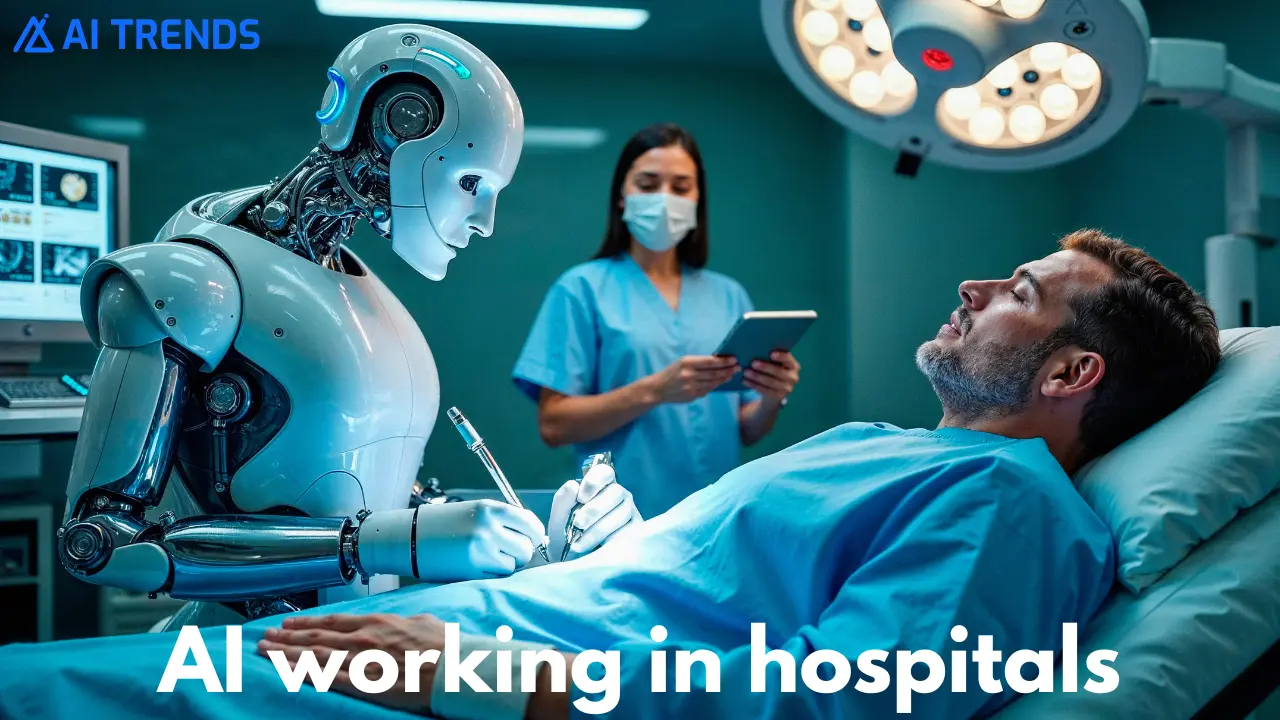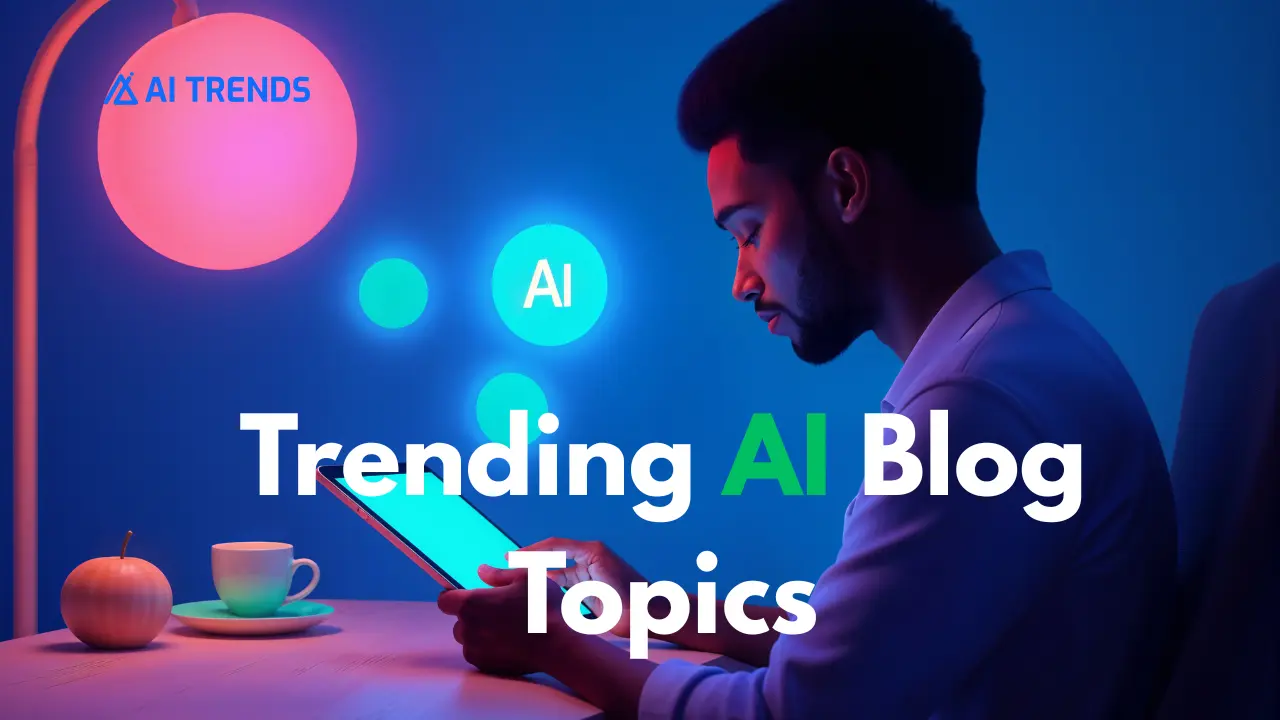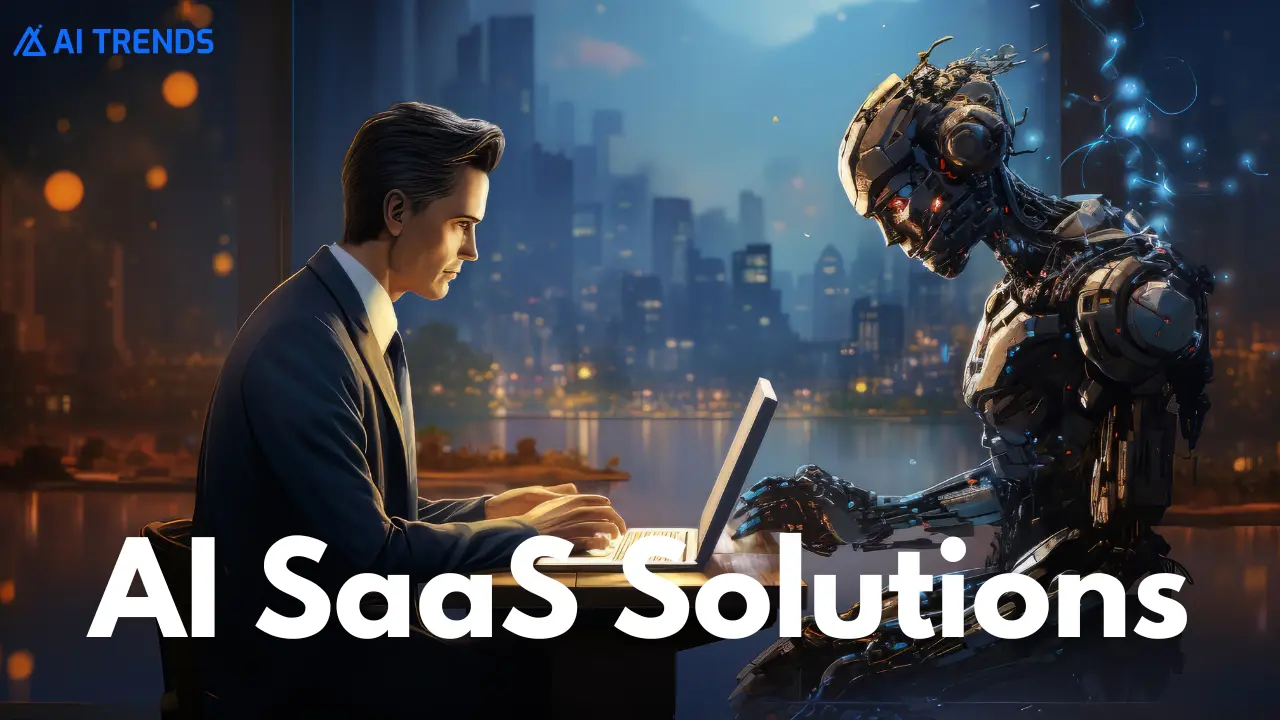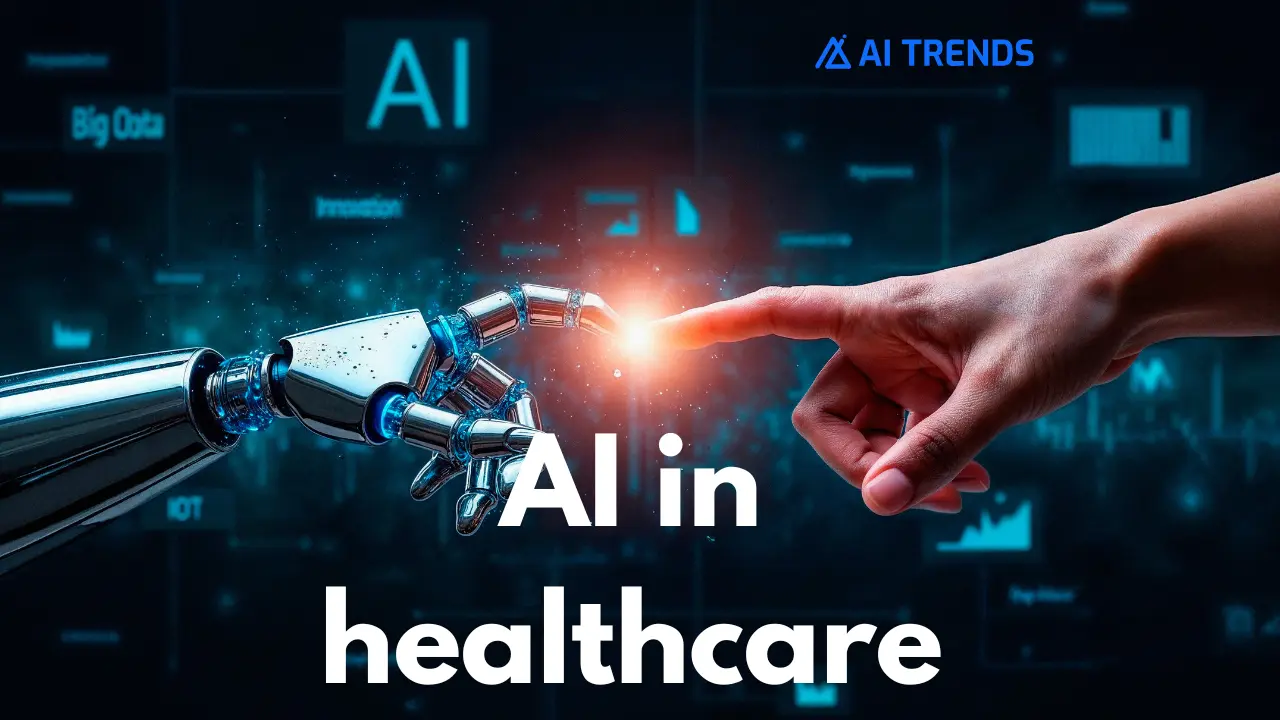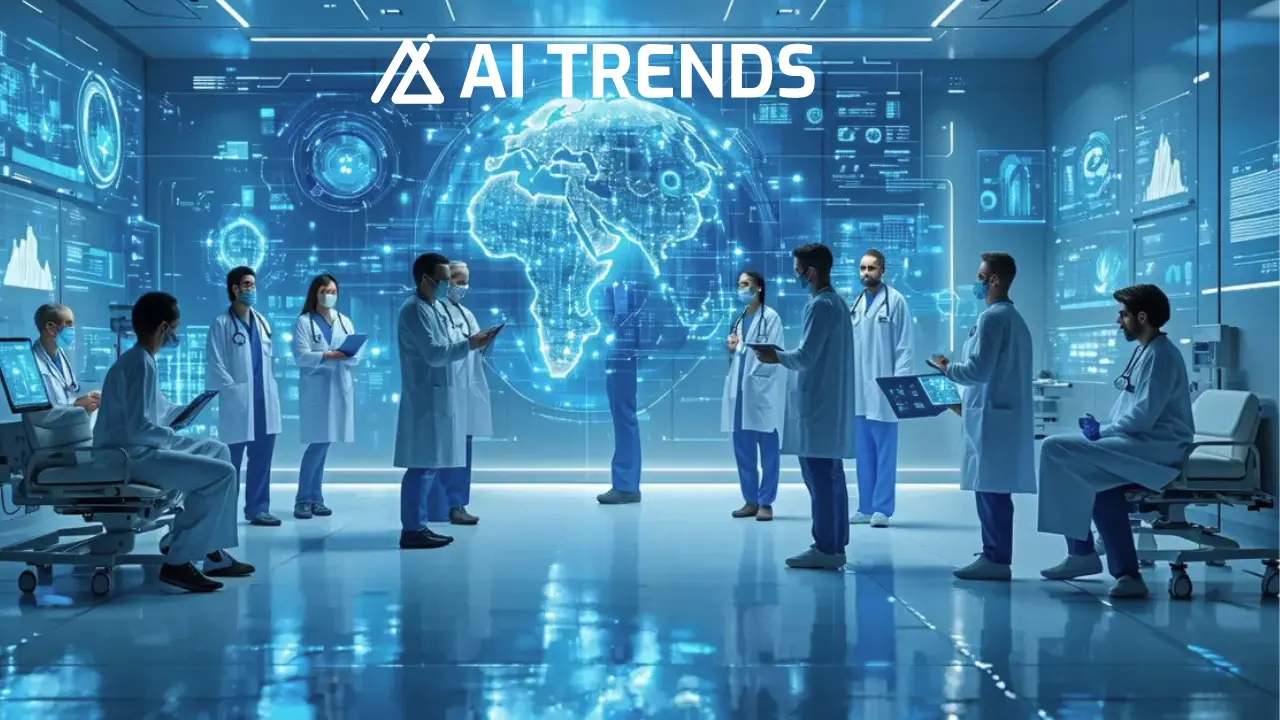Table of Contents
AI Agents for Healthcare
AI agents are changing healthcare. They help doctors, nurses, and patients in real ways. These agents are not just software; they act, respond, and learn. In 2025, healthcare AI tools will improve speed, accuracy, and care.
What Are AI Agents in Healthcare?
AI agents are smart tools that work on their own. They follow rules, learn from data, and make decisions. In healthcare, they are used for tasks like:
- Checking symptoms
- Sending reminders
- Watching patient data
- Helping doctors diagnose faster
These agents save time and reduce mistakes. They work all day, every day. They don’t need breaks, and they don’t forget.
Virtual Health Agents: Your Digital Helper
Virtual health agents talk to patients using voice or chat. You can ask about symptoms or medicine. They give answers right away. These agents use. Top AI Sales Enablement. Doctors use them to screen patients. They answer common questions before a doctor visit. This saves time for both patients and clinics.
Medical AI Assistants: A Second Brain
Medical AI assistants support doctors. They don’t replace doctors. They give extra help. They scan test results, patient records, and past data. They give clear suggestions. If a patient has signs of infection, the AI may suggest tests. If a medicine doesn’t work, the AI can spot it. This is called clinical decision support AI.
AI in Medical Diagnostics: Spotting Disease Early
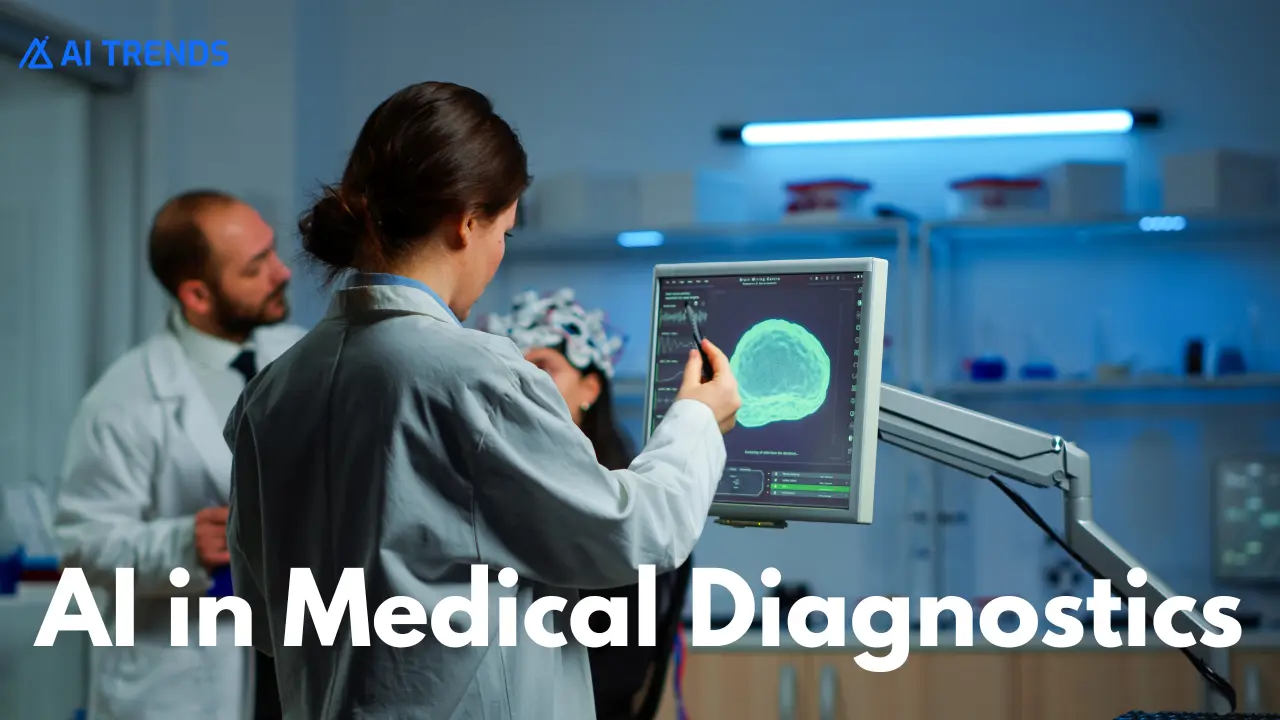
AI agents can read X-rays, MRIs, and blood test results. They compare them to millions of past cases. This helps spot cancer, broken bones, or infections. Some agents are more accurate than humans. They don’t get tired. They don’t miss tiny signs. That means diseases are caught sooner. Faster care starts right away.
Smart Agents for Telemedicine
In 2025, many visits are online. Smart agents for telemedicine help these calls run better. They check your symptoms before the call. They suggest questions to ask. They even take notes during the visit. After the call, they can remind you about medicine or follow-ups. This makes remote care safer and easier.
AI for Patient Care Automation
AI agents can track heart rate, blood pressure, or oxygen levels. They alert nurses if something goes wrong. This is called patient monitoring with AI. In hospitals, these tools help staff focus on urgent care. Machines handle routine checks. People can rest, knowing AI watches every second.
AI Chatbots for Medical Advice
People search online for health help. But websites can be wrong. AI chatbots for medical advice give safe, clear answers. They ask a few questions and suggest what to do next. Some bots are made for kids. Some speak many languages. They can help during emergencies or late at night. They don’t replace doctors, but they help when one isn’t around.
Predictive Analytics in Healthcare
Predictive analytics in healthcare uses AI to spot risks. It looks at records, tests, and family history. Then it warns.Viral with Edge AI Trends 2025It may show that someone is likely to get diabetes. Or it might warn that a patient is at risk of falling. Doctors can act early, not after something bad happens.
AI-Powered Healthcare Solutions in Hospitals
Hospitals use many AI-powered healthcare solutions. These tools help with beds, staff, or supply chains. Some track how many patients are in the ER. Others see how long people wait. If a hospital is too full, AI suggests ways to move patients faster. This is called hospital workflow automation AI. It helps care run smoothly.
Machine Learning in Healthcare
Machine learning in healthcare is a big deal. It trains machines using real patient data. Over time, the machines get smarter. For example, they may learn to spot early signs of stroke. Or they may find new links between genes and illness. These ideas may not be clear to humans, but AI sees the patterns.
Robotic Process Automation in Healthcare
Hospitals deal with bills, forms, and reports. Robotic process automation in healthcare handles these jobs. It enters data, checks forms, and sends files. This saves staff time. They can focus on care, not paperwork. It also reduces mistakes. Robots don’t hit the wrong key or forget to log in.
Artificial Intelligence in Hospitals
AI is everywhere in hospitals. It runs alerts, scans, schedules, and records. It keeps watch 24/7. It helps staff find what they need. AI tools make sure beds are clean, rooms are ready, and supplies are in place. In short, artificial intelligence in hospitals keeps things moving.
Clinical Decision Support AI
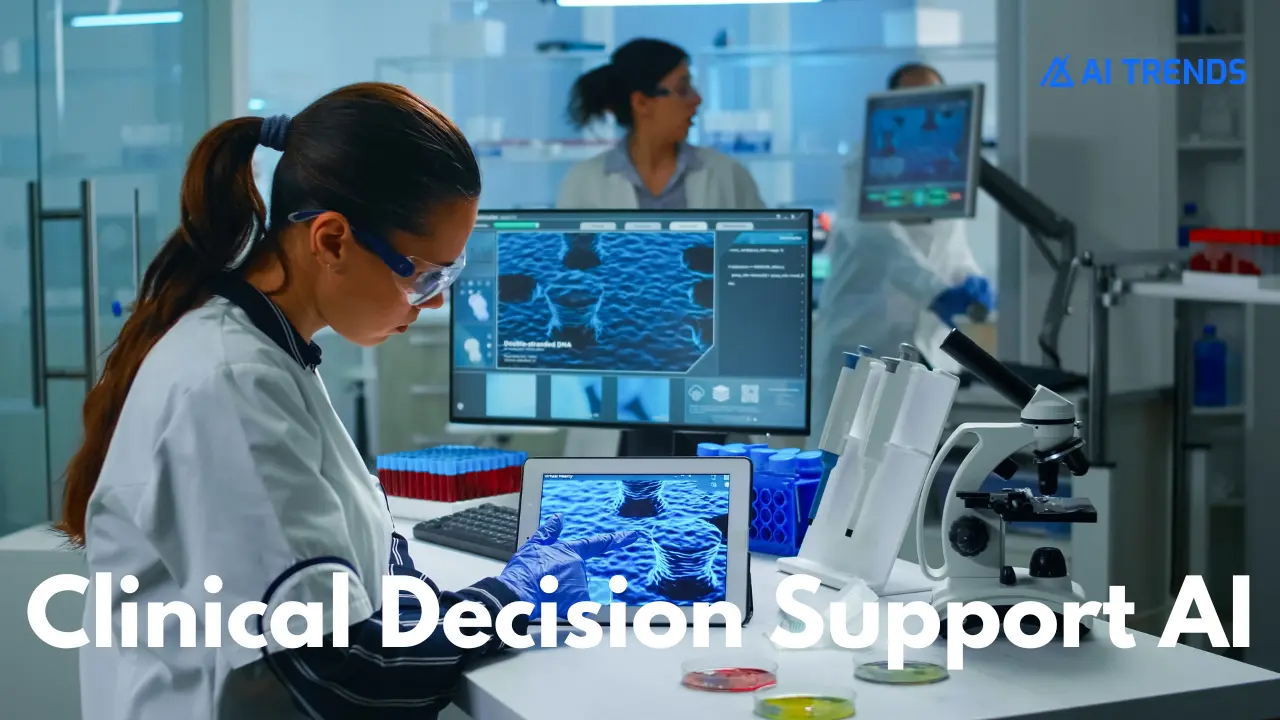
Doctors make hard choices. Clinical decision support AI gives them facts fast. It suggests options. It checks for drug issues. It warns about allergies or side effects. This helps doctors avoid mistakes. It also helps when doctors are new or tired. AI gives the backup they need.
How AI Agents Help Nurses
Nurses are busy. AI helps them work smarter. Agents track vital signs. They remind nurses when it’s time for medicine. They alert them when a patient needs help. Some agents even guide new nurses through steps. This makes training faster and safer. AI becomes a nurse’s silent helper.
Patient Monitoring with AI
Wearable tech is growing. Smartwatches, patches, and monitors collect patient data. AI watches this data in real-time. If blood pressure spikes or heart rate drops, AI alerts doctors. It may even call an ambulance. That’s the power of patient monitoring with AI.
AI Content Ideas 2025: Patient Education
In 2025, AI doesn’t just help doctors. It helps patients learn. AI content ideas 2025 focus on clear, short videos or answers. These teach people about medicine, diets, or illness in simple ways.Some platforms let patients ask questions. AI replies with facts, not guesses. This helps people stay healthy and informed.
Challenges of AI in Healthcare
AI is smart, but not perfect. It can make mistakes if the data is wrong. It may not understand rare cases. It needs humans to double-check. Privacy is also a concern. Patient data must stay safe. AI systems must follow rules and protect records.
Human + AI = Better Care
AI agents don’t replace doctors or nurses. They work with them. AI handles tasks. Humans handle care, emotion, and complex thinking. Together, they give faster, safer, and better service. That’s the goal of healthcare AI tools.
Who Uses AI Agents?
Here’s where you’ll see AI agents working today:
- Hospitals (public and private)
- Clinics and labs
- Nursing homes
- Pharmacies
- Telehealth apps
- Home care tools
- Insurance companies
Everyone in the care chain uses AI in some way.
Future of Medical AI Assistants
In the next few years, medical AI assistants will get smarter. They’ll know more languages. They’ll work on phones, watches, or smart TVs. They may even check your voice or face to see if you’re sick. These tools will get faster and more accurate. But they will always need human review.
AI and Mental Health Support
Some AI agents help with mental health. They talk with users, check their mood, and suggest steps. Some even warn doctors about suicide risks. These agents are not therapists. But they help between visits. They offer someone to talk to at any time.
AI for the Elderly
Older people often need help at home. AI tools remind them to take pills. Some call for help if they fall. Others track sleep or food. These agents help people stay at home longer. Families feel safer knowing AI is there to help.
AI in Emergency Care
In emergencies, time is short. AI helps find the fastest care path. It tells ER teams what to check first. It flags high-risk patients. In the ambulance, AI helps track vitals. It sends alerts ahead to the ER. This saves minutes, and those minutes save lives.
AI in Lab Testing
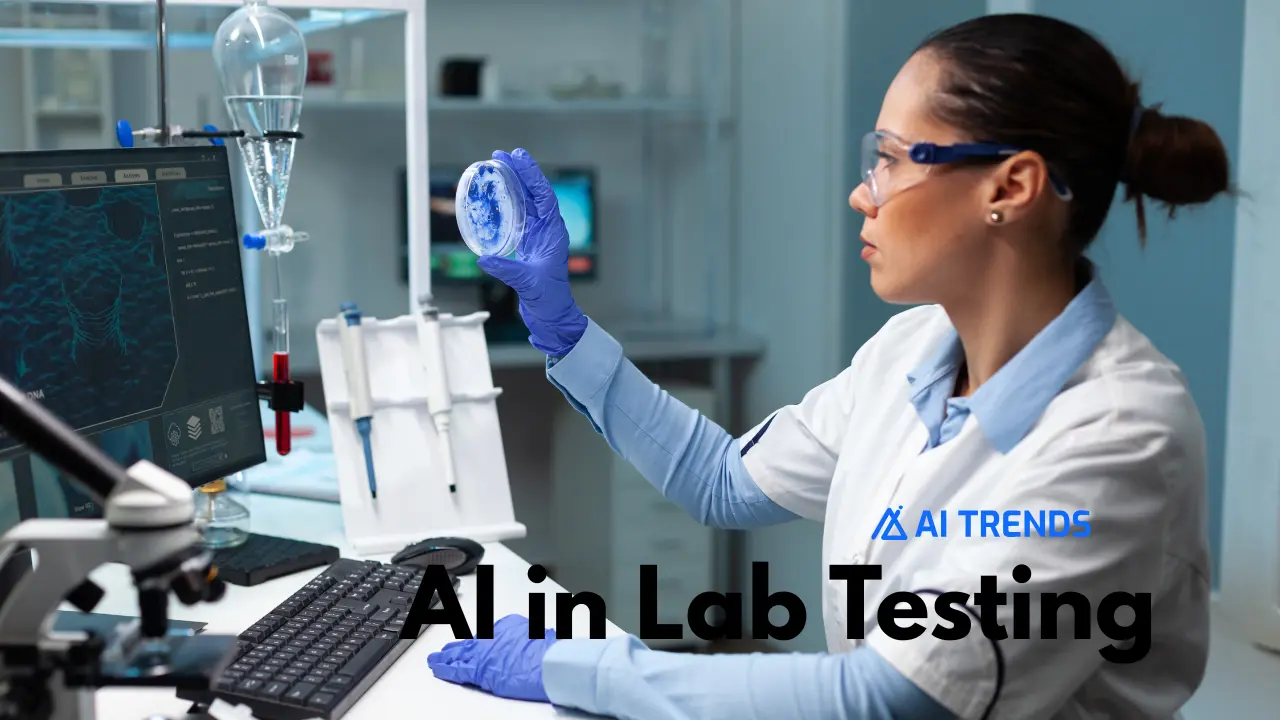
Labs use AI to check blood, tissue, or other samples. It finds signs of illness fast. It shows if treatment is working. AI also checks for errors. It alerts staff before results go out. This reduces mistakes and speeds up care.
AI in Surgery Prep
Before surgery, AI helps plan steps. It scans reports and suggests actions. During surgery, some tools guide doctors using cameras and sensors. After surgery, AI tracks recovery. It watches for signs of infection or pain. This makes healing faster and safer.
Final Word
AI agents are now part of real healthcare. They support, track, and alert. They learn, answer, and suggest. But they do not replace people. Doctors, nurses, and patients still matter most. AI is here to help them do more, not less. With smart tools and smart people, care gets better every day.
What are AI agents in healthcare?
AI agents are smart tools that help with tasks like diagnosis, data tracking, and patient support.
How do virtual health agents work?
They talk with patients through chat or voice to answer health questions and provide guidance.
What are medical AI assistants?
These tools help doctors by scanning records, suggesting treatments, and spotting possible issues.
How does AI help with patient monitoring?
It tracks health signs like heart rate and alerts staff if something goes wrong.





